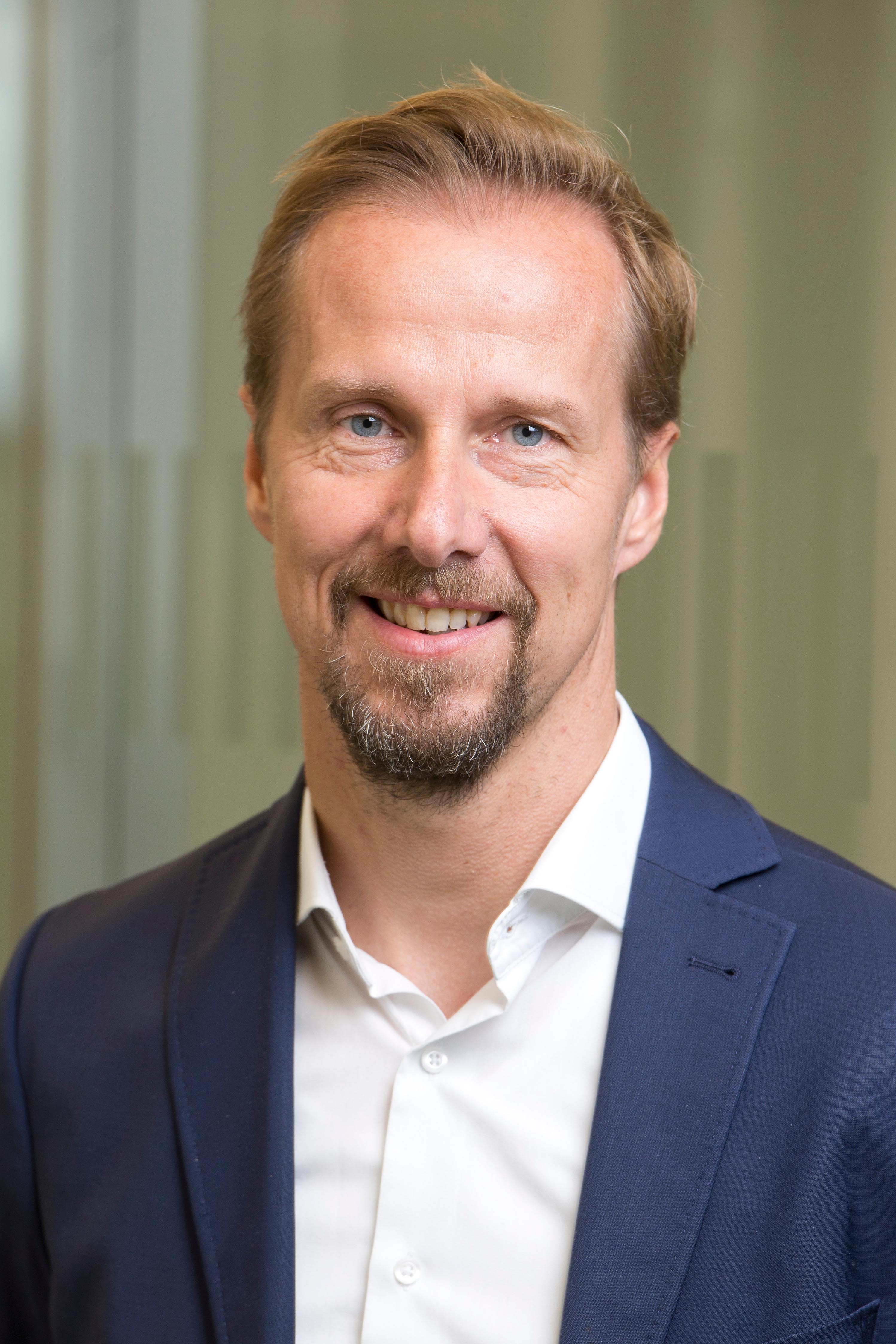Climate change fosters inventiveness
It is important to Flögel not to sound arrogant. And he doesn’t. But the 41-year-old is convinced of what he is doing. And his success is proving him right. The drought year of 2018, which was difficult for German agriculture due to extreme weather conditions, was his absolute record year. While other farmers in the region were able to achieve a farm average of around 16 tons of sugar per hectare with their sugar beet, Flögel put 19 tons on his bottom line. "I couldn't believe it," the farmer recalls. He called Nordzucker immediately after the first delivery. "I checked with the beet office to see if the values on my tablet were correct." They were indeed, and the best harvest in the history of the farm had been brought in.
Long-term commitment instead of short-term success
On the one hand, Flögel attributes the harvest success of 2018 to the soil. "Börde soil can store a lot of water and pass it on to plants," he says. This would have saved us during the drought year of 2018 and partly during the even more difficult year of 2019. On the other hand, Flögel also knows that he has a reliable partner at his side in KWS seed advisor Fritz-Jürgen Lutterloh. Flögel has been a farmer for 15 years now, and for 15 years he has relied on Lutterloh's advice.
"Long-term commitment is more important to me than short-term success," says Flögel. Both of them, who often drive together across fields or talk shop over a cup of coffee, describe their relationship with the same word: Trust. Lutterloh knows the region and its farmers. He has been advising farmers on seeds for 27 years. Initially, he encountered suspicion. "I come from the district of Celle", smiles Lutterloh, "and where I come from, the soil is very light." No comparison to the dark brown to deep black soils of the Hildesheimer Börde. It was a case of earning trust by offering reliable advice and support.
